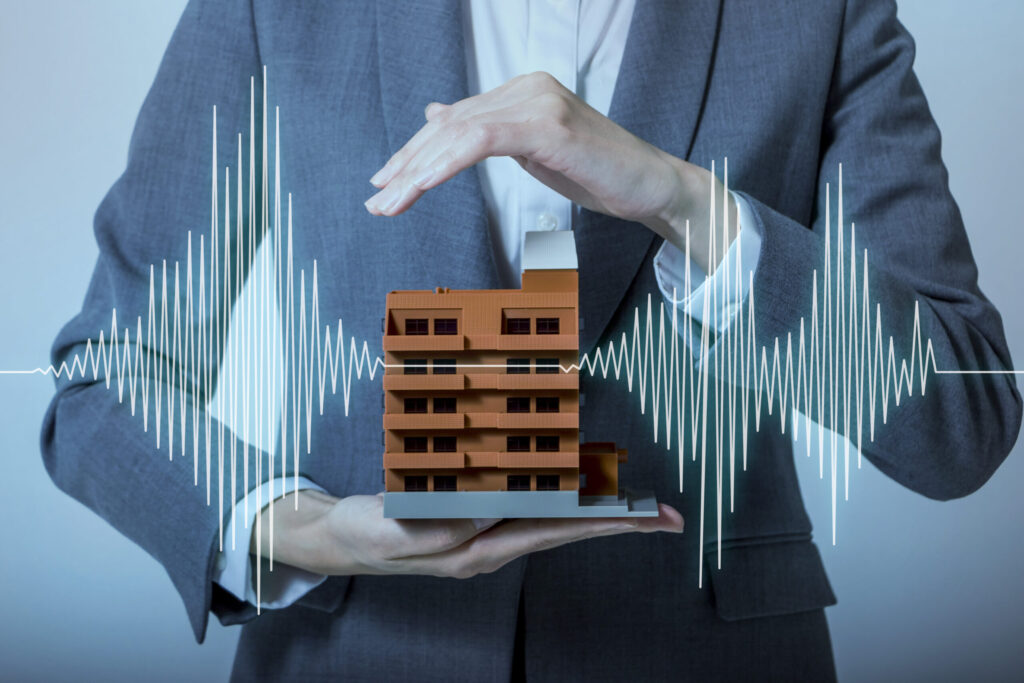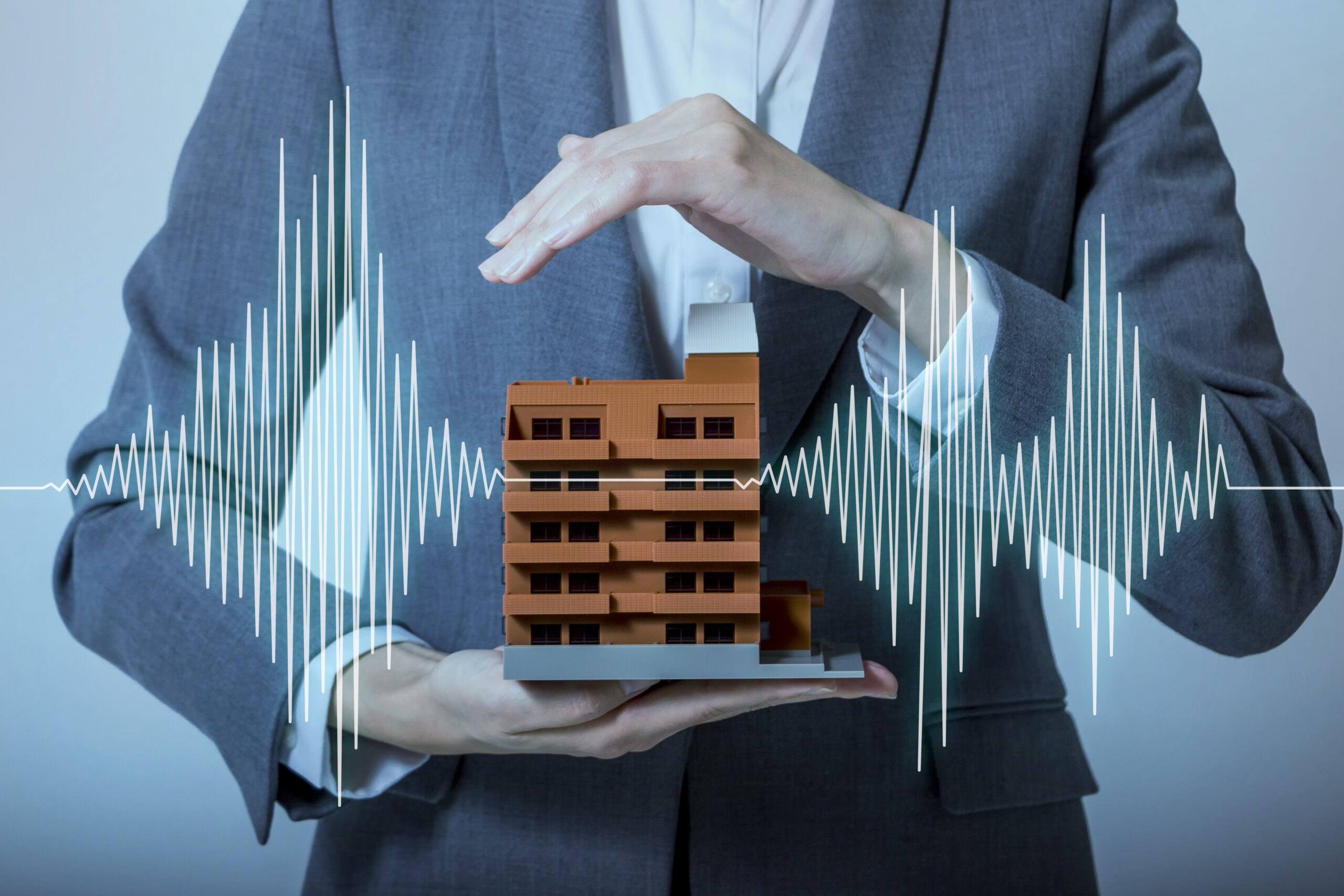Home redevelopment projects are a symbol of renewal—transforming spaces to meet modern needs and aesthetics. However, along with the excitement of renovation comes an often-overlooked challenge: noise. The sound of hammering, drilling, and heavy machinery can quickly disrupt the tranquility of neighborhoods, creating tension between homeowners, contractors, and the community. This is where noise monitoring becomes an invaluable tool in ensuring that redevelopment projects remain a positive experience for everyone involved.

Content
Why Noise Matters in Redevelopment
Noise is more than just an annoyance—it can have tangible impacts on health, well-being, and community relationships. Excessive noise during redevelopment can lead to complaints from neighbors, strained relationships, and even potential fines or project delays if local regulations are violated. Moreover, prolonged exposure to high noise levels has been linked to stress, sleep disturbances, and other health concerns for nearby residents.
For contractors and homeowners embarking on redevelopment projects, addressing noise proactively is essential. By monitoring and managing sound levels, they can minimize disruptions, maintain good neighborly relations, and ensure compliance with local noise ordinances.
The Role of Noise Monitoring in Home Redevelopment
Noise monitoring involves measuring and analyzing sound levels to ensure they remain within acceptable limits. Advanced noise monitoring tools provide real-time data, helping project managers identify and mitigate excessive noise before it becomes an issue. This data-driven approach allows for better planning and execution of redevelopment activities, ensuring that noise levels stay controlled throughout the project.
For example, monitoring systems can identify peak noise periods and suggest quieter times for certain tasks, such as early mornings or late evenings when residents are more sensitive to disturbances. By aligning construction schedules with noise data, contractors can reduce the impact on the surrounding community.
Staying Compliant with Local Regulations
Noise regulations vary across municipalities, but most regions have strict guidelines on permissible sound levels during specific times of the day. Exceeding these limits can lead to penalties, project stoppages, or strained relations with neighbors.
Noise monitoring helps ensure compliance by providing accurate, real-time data that can be used to demonstrate adherence to legal standards. This is particularly valuable for redevelopment projects in densely populated residential areas, where sound travels easily and complaints are more likely.
Additionally, having a record of noise levels can be beneficial in addressing disputes. If a neighbor raises concerns about excessive noise, project managers can refer to the monitoring data to provide transparency and resolve the issue amicably.
Enhancing Community Relationships
Home redevelopment projects often bring construction noise into otherwise quiet neighborhoods, and while some level of disruption is inevitable, it doesn’t have to create conflict. Proactively addressing noise concerns through monitoring demonstrates a commitment to being considerate and responsible.
Clear communication with neighbors about what to expect—and when—can go a long way in managing expectations. By sharing noise monitoring plans and showing a willingness to adapt based on community feedback, homeowners and contractors can foster goodwill and maintain positive relationships.
Noise monitoring also provides an opportunity to engage with the community in a meaningful way. For instance, providing access to live noise data or updates about the project’s progress can help neighbors feel included and informed, reducing frustration and misunderstandings.
Technology and Tools for Effective Monitoring
Modern noise monitoring systems are highly sophisticated, offering features like real-time alerts, data visualization, and integration with project management software. These tools not only measure sound levels but also analyze trends, helping project teams make informed decisions.
Portable noise monitors are especially useful for home redevelopment projects, as they can be easily set up around the site and moved as needed. Some systems even include weather data integration, which is valuable for understanding how wind or other environmental factors may affect sound travel.
For larger or more complex redevelopment projects, cloud-based noise monitoring platforms provide centralized access to data, enabling teams to track noise levels remotely and ensure compliance across multiple sites.
Building for the Future
As urbanization continues and neighborhoods grow denser, noise monitoring will become an increasingly important aspect of redevelopment projects. Beyond compliance and community relations, it reflects a broader commitment to sustainability and responsible development.
Homeowners who prioritize noise monitoring send a clear message: that they value the well-being of their community and are willing to take extra steps to minimize disruption. This not only enhances their reputation within the neighborhood but also sets a positive example for future redevelopment projects.
Contractors, too, can benefit from integrating noise monitoring into their standard practices. By adopting a proactive approach to noise management, they can attract more clients, avoid costly delays, and position themselves as leaders in considerate construction practices.
Building Quietly, Living Peacefully
Home redevelopment is about creating spaces that inspire comfort and joy, but the process doesn’t have to come at the expense of peace and quiet. Noise monitoring bridges the gap between ambition and accountability, ensuring that projects are executed with care and respect for the surrounding environment.
By embracing noise monitoring, homeowners and contractors can build not only better homes but also stronger communities. In the end, redevelopment is as much about the journey as it is about the destination, and keeping noise levels in check is a crucial part of making that journey as smooth as possible.

Elena Mohr is a dedicated home blogger who has been blogging for over six years. She covers everything home related. Elena also loves writing posts about her travels to Europe with her husband and two children.

![Why Spray Foam Insulation Vaughan Homes Need: An Expert Guide [2025] Spray Foam Insulation](https://starthomeimprovement.com/wp-content/uploads/2025/09/image-150x150.png)










